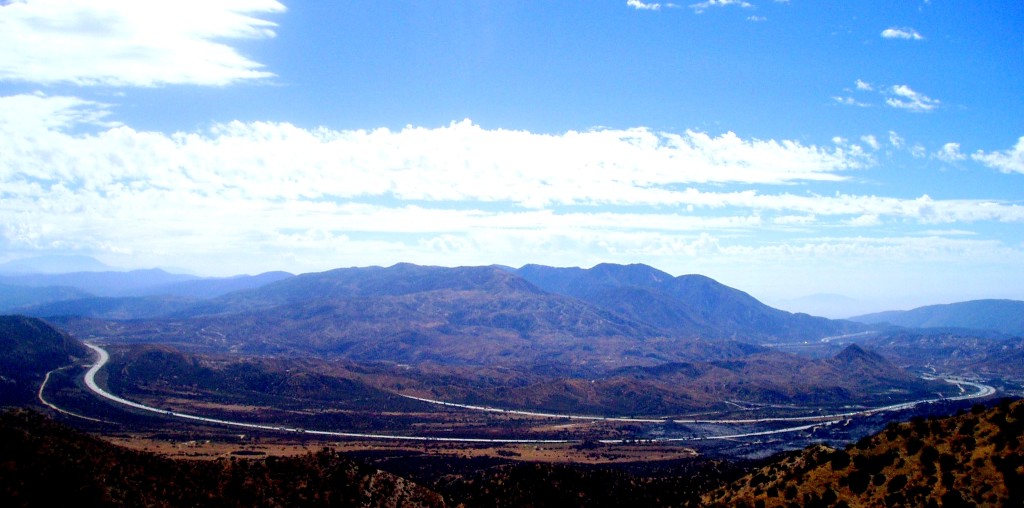
We were about 300 miles from home in stop-and-go traffic in the middle of the Mohave Desert just inside the state line when the dashboard lit up.
Brake Malfunction!
Stop the vehicle immediately and contact dealer.
It’s trouble enough to be in stop-and-go traffic in the middle of nowhere 300 miles from LA, but the slow homestretch of a Spring Break road trip had just turned from hypnotic boredom into naked terror.
To the touch, the brakes seemed fine, but the failures were spreading. A new light screamed Check ABS/VSC! (Like we knew what that meant.) I flipped through the 400-page owner’s manual for clues. It didn’t tell us anything. We pulled off on the shoulder and checked the emergency brake. Not it. And the brake fluid. Not it. There was nowhere else to get help. So we flowed back onto the crowded road, dash warnings blinking, up the high pass through the San Bernardino mountains and down the steep grades of the San Gabriel mountains, through thicker and faster traffic until we pulled into the driveway and exhaled.
We are lucky to have an honest mechanic in our town, and I stopped by his place the next day. I was surprised he wasn’t there. It had me more worried when no one answered the phone all afternoon, but he answered when I rang in the morning.
Is everything OK? I asked because I knew it wasn’t.
It’s really not. Last month he was working on a car while the engine was running, and he put his hand where he shouldn’t have, nearly cutting off a finger. Since then he’d been at doctors and hospitals, desperate to save an otherwise useless finger that he thought would cost him his work, his business, his home, and the future. He talked for 30 minutes, and I wanted him to. I wanted to listen and let him be afraid and angry and unsure. I wanted to be more than a customer. I wanted to be a decent human being like him. That’s really what his job is, just being decent, so he said, go ahead and bring the car down and I’ll check it while you wait.
Turns out there was nothing wrong. Maybe a low battery charge in the hybrid engine while we were stalled in traffic caused a bad sensor reading or something that I didn’t really catch the gist of. He wouldn’t let me pay him, but he let me listen while he told me about the hassle of scheduling a blood test before the next surgery, how upset and distracted he felt, and how unfair and impossible things were looking for him today. I believed him.
Let’s just see how it goes, he said then, and it caught my ear. He meant I should drive the car around town and see if the warnings came on but he was pretty sure everything was fine. I said I’d be back to check on him. It didn’t sound like much, but it’s all that decent human beings can do for each other when life is spinning out of control: share the road home.


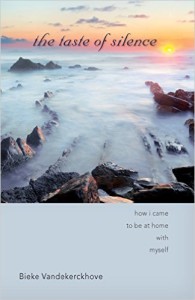
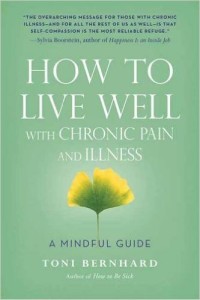
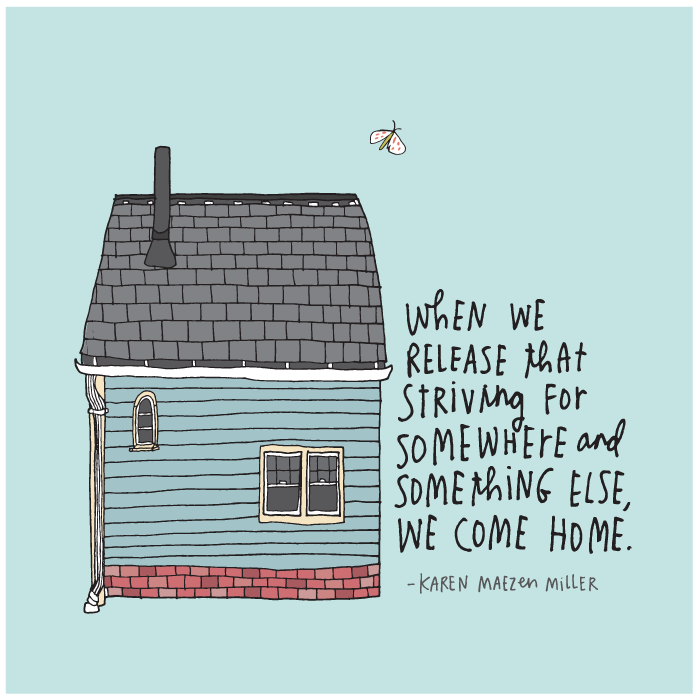
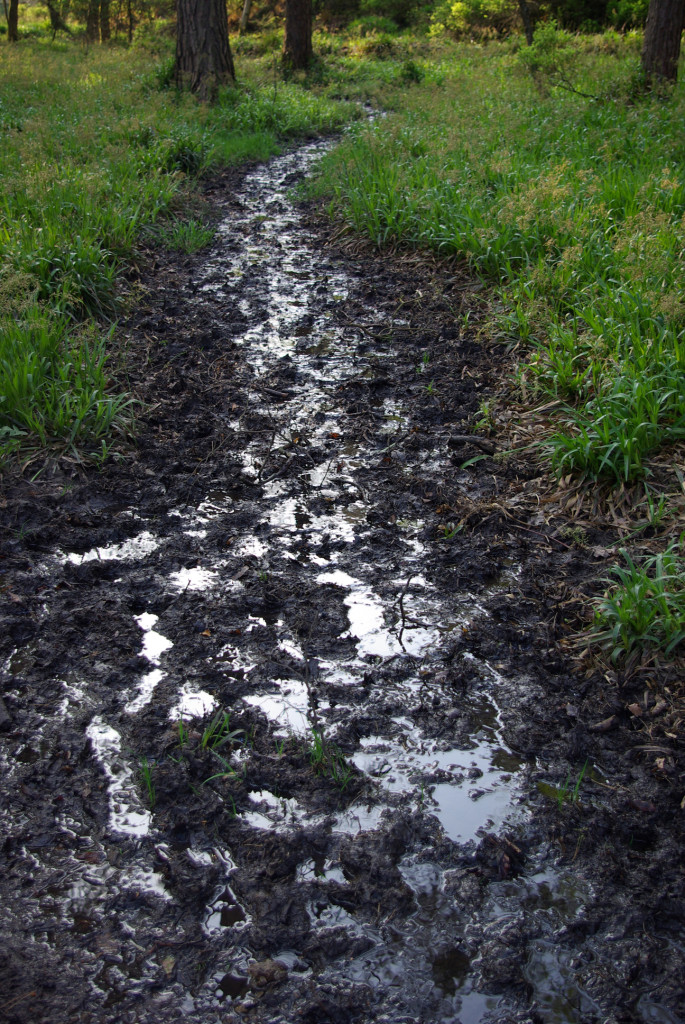

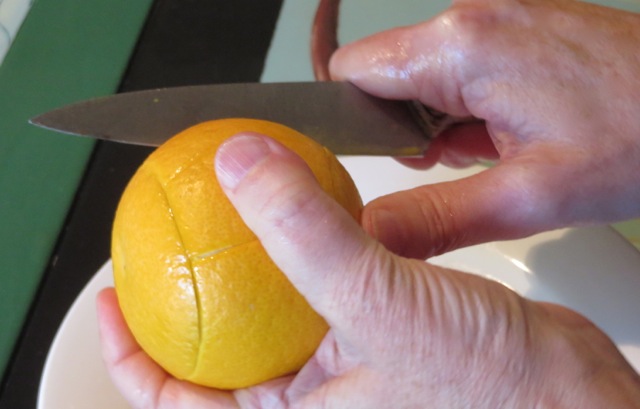
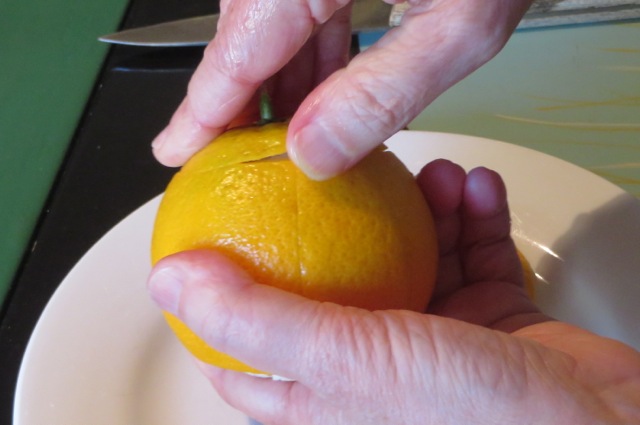



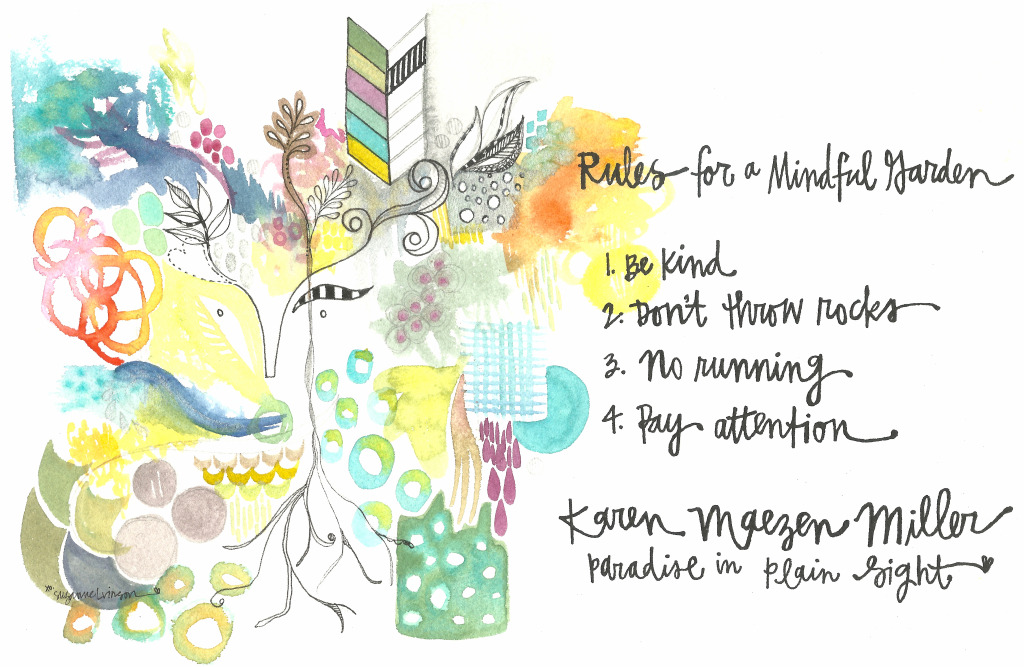

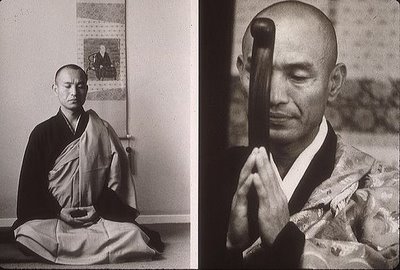
 I’d just posted
I’d just posted  There they were in full-length habit, an unlikely sight on a Sunday morning hiking Mt. Wilson. Out of the blue, three nuns rounded the switchback straight ahead of me. They were coming down; I was heading up. No matter how promising the skies at the start of the trip, the southern trail descends into a merciless sun. They had to be broiling by now.
There they were in full-length habit, an unlikely sight on a Sunday morning hiking Mt. Wilson. Out of the blue, three nuns rounded the switchback straight ahead of me. They were coming down; I was heading up. No matter how promising the skies at the start of the trip, the southern trail descends into a merciless sun. They had to be broiling by now. “There is something in me maybe someday
to be written; now it is folded, and folded,
and folded, like a note in school.”
― Sharon Olds
“There is something in me maybe someday
to be written; now it is folded, and folded,
and folded, like a note in school.”
― Sharon Olds


